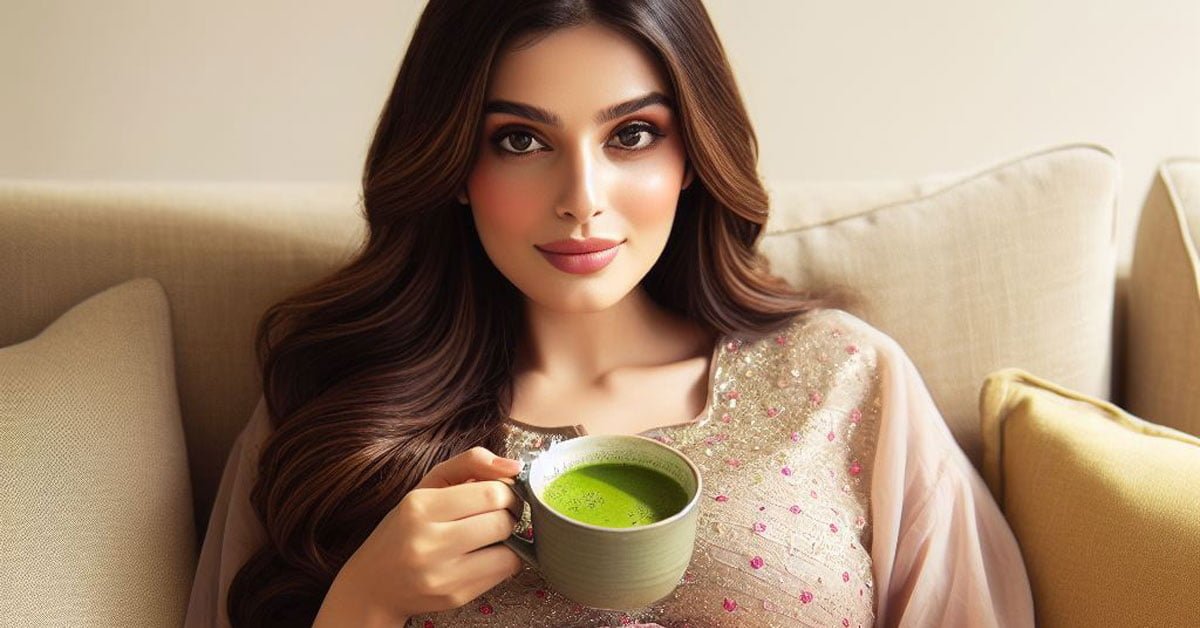Is Matcha Safe During Pregnancy?
Pregnancy is a time when many expectant mothers scrutinize their diet to ensure the health and well-being of their unborn child. Among the myriad dietary considerations, the safety of consuming certain beverages, such as matcha, often comes into question. Let’s explore whether enjoying matcha while pregnant is safe, guided by simple explanations and expert advice.
What is Matcha?
Matcha is a special type of green tea that comes in a powdered form. Unlike traditional green tea, where the leaves are infused in water and then removed, matcha involves whisking the powder with hot water, consuming the leaf in its entirety. This method of consumption means matcha packs a more concentrated dose of the compounds found in green tea, including caffeine.
Pregnancy and Caffeine
During pregnancy, monitoring caffeine intake becomes crucial. Caffeine is a stimulant, and while a moderate amount is generally considered safe for most people, pregnant individuals are advised to limit their intake. This is because caffeine crosses the placenta and can affect the fetus, whose developing metabolism may not handle caffeine as well as an adult’s.
Matcha’s Caffeine
Matcha contains caffeine, but how does it compare to other caffeinated beverages? Typically, matcha has more caffeine than regular brewed green tea but less than a standard cup of coffee. The exact amount can vary, but a typical serving of matcha might contain between 30 to 70 milligrams of caffeine. In contrast, an 8-ounce cup of coffee can contain up to 95 milligrams or more. This puts matcha in a unique position for those monitoring their caffeine intake during pregnancy.
Doctors’ Advice
What do healthcare professionals say about consuming caffeine, including matcha, during pregnancy? Most doctors and dietitians recommend limiting caffeine intake to less than 200 milligrams per day while pregnant. This guideline suggests that a small serving of matcha could fit into a balanced diet for pregnant individuals, provided other sources of caffeine are limited accordingly.

Benefits of Matcha During Pregnancy
When you’re pregnant, taking care of your health and the health of your baby becomes a top priority. Eating and drinking the right things is a big part of that. Matcha, a special kind of green tea, has some benefits that might be good for you during pregnancy. Let’s look at these benefits in simple terms.
Antioxidants
Think of antioxidants as tiny helpers that protect your body from getting sick. Matcha is full of them. These antioxidants can help keep both you and your baby healthy while you’re pregnant. They’re like a shield against some bad things that can happen inside your body.
Energy
Feeling tired is common when you’re pregnant. Matcha has a little bit of caffeine, not as much as coffee, so it can give you a gentle boost of energy. This means you can feel more awake without feeling shaky or having your heart race like you might after drinking coffee.
Nutrients
Matcha is like a superhero drink because it’s packed with good stuff your body needs, especially when you’re pregnant. Here are a few of those good things
- Vitamins- Matcha has vitamins like Vitamin C, which is important for your skin and immune system, and Vitamin E, which is good for your heart and skin.
- Minerals- It contains minerals like zinc and magnesium. Zinc helps with the growth and repair of tissues, which is super important during
- pregnancy. Magnesium can help you feel less tired and help with muscle cramps.
Fiber- Even a little bit of fiber can help keep your digestion going smoothly, which can be a big help when you’re pregnant.
In very simple terms, drinking matcha while you’re pregnant can give you a nice little energy boost, help protect your body with antioxidants, and give you some important vitamins and minerals. But remember, it’s always best to talk to your doctor about what you eat and drink during pregnancy to make sure everything is okay for you and your baby.
Verdict About Matcha During Pregnancy
Moderation is Key
Think of matcha like a treat. Having a little bit when you’re pregnant is probably okay, but you shouldn’t have too much. Just like with sweets, a small amount can be fine, but a lot might not be good for you or your baby.
Doctor’s Opinion
Before you decide to drink matcha while you’re pregnant, it’s a really good idea to talk to your doctor. Your doctor knows you and your health and can give you the best advice. They can tell you if matcha is safe for you and how much you can have.
Alternatives
If you’re worried about having too much matcha, there are other drinks you can enjoy. Water is always the best choice because it keeps you hydrated. You can also try herbal teas that don’t have caffeine, but check with your doctor to make sure they’re safe during pregnancy. Milk and fruit juices are also good options, but watch out for too much sugar.